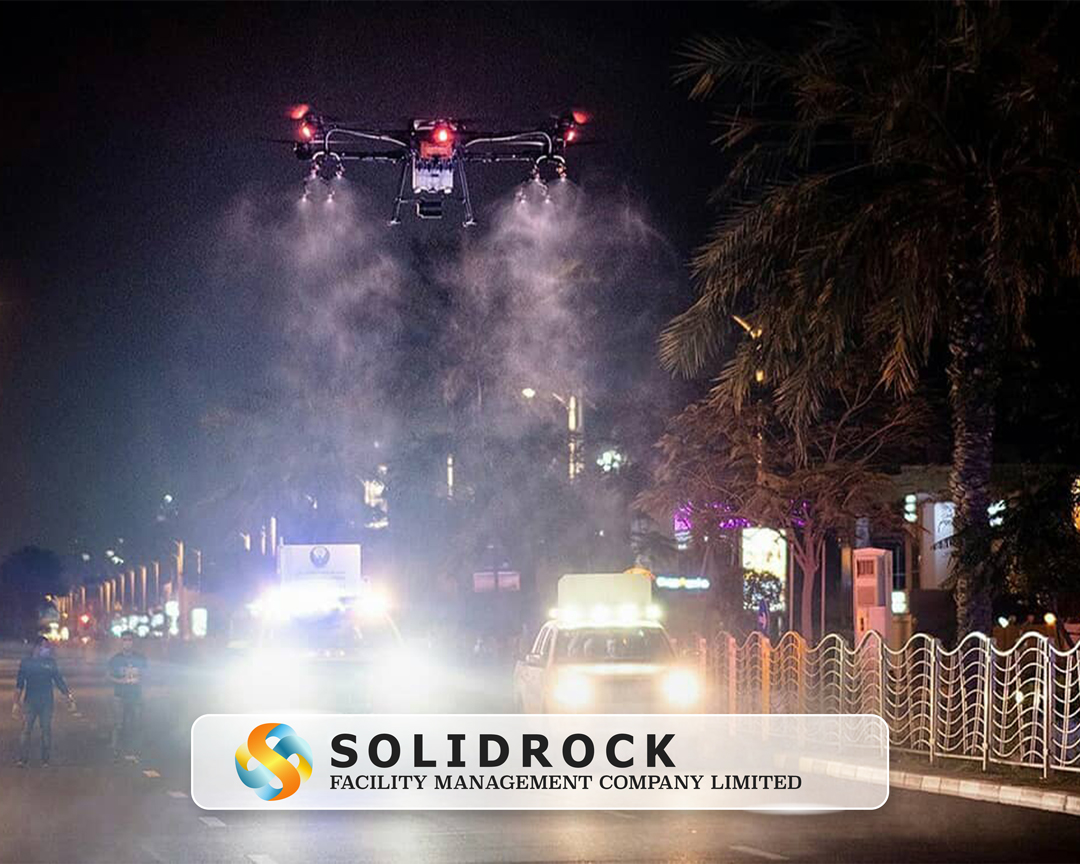TRAINING & CODES
Asking your service provider what their safety program looks like can be informative and reveal the real safety picture. If the company offers a range of programs such as regular “Toolbox Talks,” PPE distribution, and supervisor field visits, this translates into a sense of responsibility and care about the people who use the equipment.
To carry out a job safely, an elevator service provider also needs to have access to all technical information relevant to the project. They need to have a good understanding of the equipment, any elevator-specific components, manuals, and tools. This ensures the mechanic can do the job safely and efficiently, deliver quality work, and meet your expectations.
Aside from the training provided by the service company, elevator hardware and software manufacturers offer technical training programs on their specific equipment, allowing mechanics to stay up to date with the latest functionality. In addition, there are requirements from states and jurisdictions for technical credits and licensing, as well as a variety of continuing education opportunities that elevator service providers and associations can offer.
WHY THE TIME IS RIGHT TO CONSIDER TOUCHLESS ELEVATORS
Your elevator service provider should help you understand what is required to service the specific units in your building. You should be able to rely on them to stay up to date with industry-related developments regarding elevators and safety—starting with the current elevator code and upcoming code changes. Elevator code drives passenger safety and quality. Since codes are dynamic and can change annually, the service provider needs to have any code conversations with you in advance, to ensure safety and compliance are top of mind and expectations are clear. You should be able to find the current elevator code for your area on your local government website.
FORECASTING A MAINTENANCE PLAN
The plan could also help set expectations in terms of any downtime of the equipment during installation or upgrade. The service company will often review the standard and history of the equipment with you. This includes looking at downtime and callbacks, obsolete parts, public safety, and any incidents. This information can be reviewed by a variety of stakeholders, which could include building engineers, property managers, and service technicians. Then, a proper plan can be developed to set up the equipment for success.
There will often be other people in the building who have access to elevator working spaces, such as housekeeping, HVAC professionals, and property employees. It is important to relay this information to the elevator service provider, so they are fully aware of anyone entering and exiting the site.
YOUR ELEVATOR SERVICE PROVIDER SHOULD HELP YOU UNDERSTAND WHAT IS REQUIRED TO SERVICE THE SPECIFIC UNITS IN YOUR BUILDING.
It’s also important to consider the impact that technology and innovation has on operations, maintenance, and safety. Stay on top of emerging or improved technology that drives not only safety but also efficiency, such as remote monitoring, destination dispatch, and smart components. It can play a key part in analyzing the behavior of components and carrying out preventive work.
Preconceptions should never get in the way of safety or workmanship. Once a service provider has been selected, they should approach your equipment with fresh eyes and be open to find any safety related issues that might put them or the riding public at risk.
Safety should sit at the heart of any business, and a responsible service provider will communicate the safety maintenance checks, advancements, and solutions that can help your equipment run efficiently while reducing any liability. A service provider that prioritizes and communicates safety best practices regularly helps protect all stakeholders and is one that promises to be a beneficial partner.





